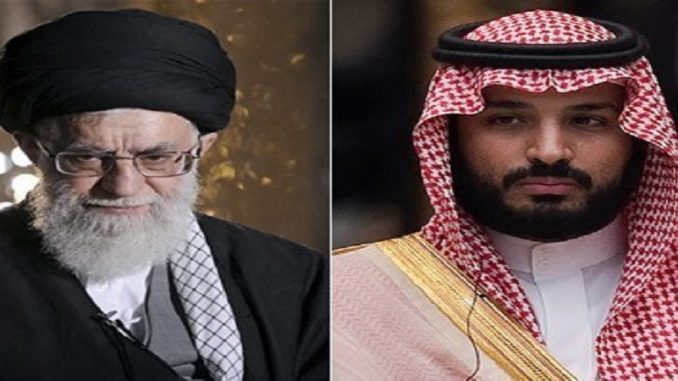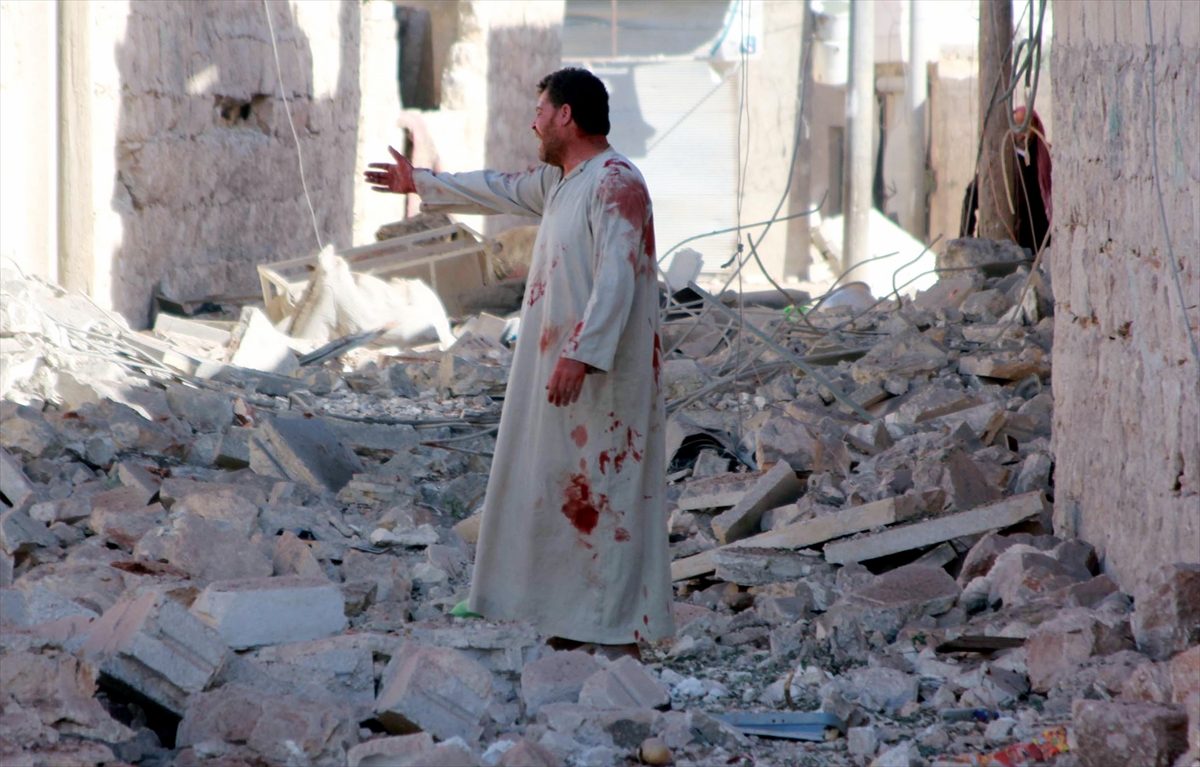
Yemen war and killing of Jamal Khashoggi have put pressure on the kingdom that shows no sign of letting up in 2019
The momentum fell apart in seven minutes; the time it took to kill a dissident inside the kingdom’s consulate in Istanbul in October. The shocking assassination has led nearly every aspect of Prince Mohammed’s agenda to be scrutinised, and its central planks to be challenged by allies and sceptics who had initially warmed to the crown prince.
As the New Year starts, the US Senate has withdrawn support for Riyadh’s war in Yemen and openly accused Prince Mohammed of ordering the hit on Jamal Khashoggi – a claim set to haunt a path to the throne that had seemed so assured three months ago. The blockade on Qatar, another of the prince’s projects, is also looking less secure, along with a petty feud with Canada and domestic cultural and economic reforms that were meant to be harbingers of a new accommodation between citizen and state.
Iran’s presence continues to loom large over the kingdom’s east, as it does in Iraq, and Lebanon, where elections last May remain unresolved – the democratic process subsumed by political wrangling that has less to do with domestic considerations than regional agendas. In Beirut, Hezbollah has been unwilling to accede to the formation of a government that doesn’t give its allies increased representation In Iraq, the essential defence and interior ministry portfolios remain unfilled. Both power plays could last indefinitely.
Thanks partly to its role in securing Syria for the embattled Bashar al-Assad, Iran has consolidated its influence across the region – a fact it aims to build on in the coming year. Alarmed by its ongoing rise, the US aims to turn 2019 into the year it stopped Tehran in its tracks. Washington is reimposing, and tightening, sanctions that were lifted under to Obama administration as part of the nuclear deal.
The squeeze targets Iranian allies, including Lebanon, Syria and Iraq, where Iranian money and influence had remained freely wielded during past crackdowns. With the heat of the nearly eight-year Syrian war having subsided, Damascus faces an economic stranglehold aimed at curbing its backers. US warnings to all Syria’s neighbours about cross-border trade have been strident and persistent – unusual for the Trump Administration, which has been been largely hands off in the region, apart from a narrow focus on supporting Prince Mohammed, safeguarding Israel and fighting what remains of Isis on the Iraqi/Syrian border.
But the US withdrawal from Syria, announced by Donald Trump against the wishes of the US defence secretary, Jim Mattis, who resigned in protest, effectively ends its alliance with the Kurds against Isis. It never sat well with Ankara, which fears the collaboration between Turkish militants inside its borders with partner groups inside Syria. Recep Tayyip Erdoğan is expected soon to launch an operation that pushes Kurds away from its frontier east of the Euphrates.
Here too, the spectre of Iran is a driving consideration. North-eastern Syria, known locally as Rojava, remains fertile ground for Iranian influence post-Isis. To the north, Ankara remains relatively well disposed to Tehran – and a potential weak link in the sanctions programme. Giving Turkey what it wants in Rojava in return for what Washington wants vis-a-vis Iran is a centrepiece of a planned reset in US-Turkey relations that have been strained for the past three years. A detente with Ankara, at Iran’s expense, would also be well received in Tel Aviv, where Iran’s steady creep in Syria has been alarming Israel.
Where that leaves more than 2.5 million internally displaced Syrians just across the Turkish border in Idlib province remains uncertain. The region remains out of the reach of the Assad regime, and attempts to retake it will almost certainly lead to widespread displacement and bloodshed.
Assad, and another key backer, Russia, have attempted to cast Syria as stable and open for business, but reconstruction money is unlikely to flow before any sort of political settlement. Half the country’s citizens remain displaced inside Syria, or have fled its borders, and only a small number have been willing to return to a now relative calm. The United Nations and refugee advocates say that is unlikely to change in the first half of 2019 at least.



